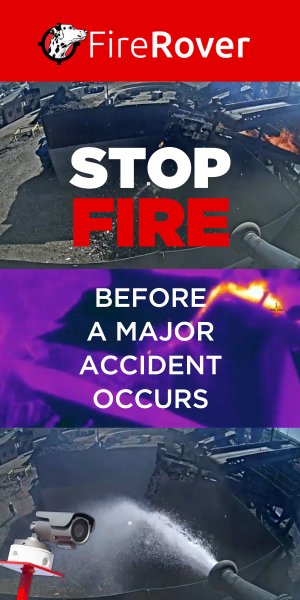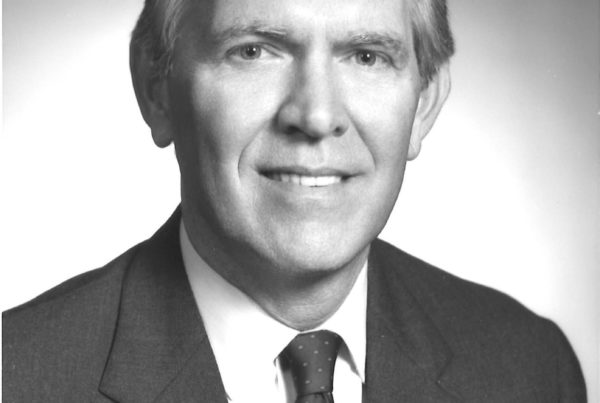U.S. Recycling Industry Facing Port Congestion, Shipping & Container Issues
This week’s Industry Voices was written by David Eaton, ISRI’s director of government relations.
The U.S. recycling industry, like most other export-involved industries across the country, is facing severe challenges with port congestion, shipping bottlenecks, and related direct and indirect costs. With over 30% of the recycling industry being export-involved, these issues have had a major impact in the ability of businesses in our industry to operate in a predictable, stable market environment.
Early in 2020, shortly after the COVID-19 pandemic crisis struck, the sudden immense surge in import cargo, coupled with a widespread lack of intermodal chassis, and decreases in worker and container availability exacerbated the already existing backlog in getting cargo through the terminals and out onto the road and railways. Consequently, industries throughout the country are seeing severe implications in cargo movements – both imports and exports.

Reduced worker hours have considerably hampered the unloading rates, and thus at the current pace, it will likely take several months to unload ships that have already arrived at port. Loading and unloading delays are prevalent at all U.S. ports, and companies are left to pay the cost of higher rates that incorporate port overtime, on top of other downstream costs.
Far too many empty containers are leaving U.S. ports, and there already were not enough containers available to ship goods to and from the United States before the pandemic hit. Pre-pandemic, roughly 60% of containers were leaving ports, empty; over the past 15 months, that number has increased to over 80%. Containers that have been emptied of their contents at U.S. ports are often quickly loaded back onto ships to be returned to Asia, as it is more profitable for shipping lines to return quickly, earning higher revenues on carrying highly demanded goods from Asia to the west. This is also impacting importers, who cannot receive material when containers are not available in other countries. The downstream effect is lost orders as well as a deleterious effect on the balance of trade.
The severe congestion and shipping container shortages have contributed to a market that has been unable to adjust to these challenges. Expedient federal action is needed.
In its role as the Voice of the Recycling Industry™, ISRI and several of our trade-oriented member companies are currently advocating on the issues and urging Congress to enable the appropriate federal agencies to provide sensible solutions that will alleviate the costly pressures on affected business in your state and across the nation. We’re specifically asking them to take the certain actions to help relieve the congestion, and to decrease the possibility that these unexpected issues will have such a heavy impact on businesses and workers in the future.
Those actions include:
- Updating the Federal Shipping Act to give the Federal Maritime Commission (FMC) more authority to actively adapt to sudden wide-spread and staggering fluctuations in export and import flows, including additional investigatory and enforcement authority over foreign ocean shipping carriers.
- Expanding pressure on agencies by urging the U.S. Department of Commerce and the Office of the U.S. Trade Representative to get the situation under control, to improve the trade imbalance by incentivizing containers to leave full, and to ensure stronger supply chains by alleviating costly dislocations.
- Requesting official reports to Congress from the FMC and Department of Transportation on the status of U.S. ports, terminals, and warehouses – including labor, technology and automation – to improve operations.
For these reasons, ISRI is hosting a very targeted virtual fly-in from Tuesday, May 18 to Thursday, May 20, that aims to address those shipping and container issues voiced our members. For maximum efficiency, our Trade Committee participants have targeted the leaders of the House and Senate Transportation Committees, and are effectively conveying issues faced by the industry as a whole. For more information on the progress of the virtual fly-in, contact David Eaton, ISRI’s director of government relations.










